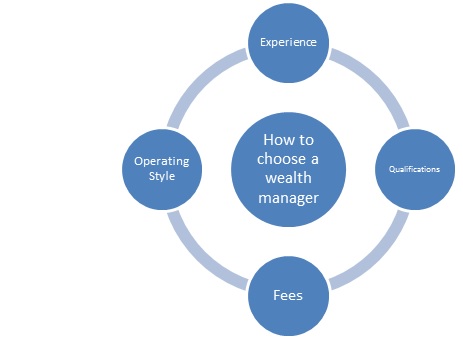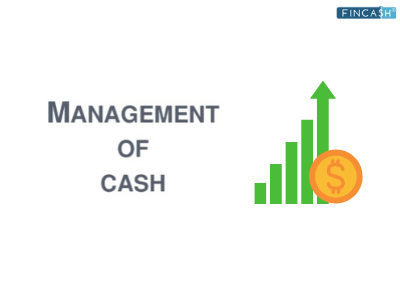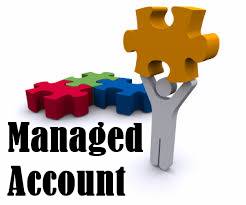
Macro Manager
What is Macro Manager?
The macro manager role refers to the supervisor who follows a lenient approach when it comes to directing the employees. They allow workers to perform business tasks with minimal and basic supervision. Known as macro-management, this approach is useful in industries where employees don’t want strict management.

While most employees are happy to get freedom at work, others consider it a drawback. They don’t like to work with a manager who doesn’t give them regular feedback. It depends on the employees’ preference. Some employees expect feedback and strict supervision from their managers so that they know how they are doing their jobs, while others are glad to work for a company that doesn’t control how they work.
Global Macro Manager
A micromanager is the opposite of the macro-management approach. The former is perceived as a super critical and strict employer who supervises all the activities of the workers. They are often seen as the controlling boss. The macro manager, on the other hand, focuses more on creating as well as executing the final strategies than controlling the employees.
The term could also be used for defining the person who operates the Global Macro hedge fund. These managers need a significant amount of investment knowledge and a proper understanding of the global investment Market. Basically, they are supposed to know the government policies, changing regulations and compliances, Bank operations, and other factors that influence the investment market of the nation. The best example of global macro managers includes Julian Robertson and George Soros.
Talk to our investment specialist
Perks and Drawbacks of Macro manager
As mentioned above, macro-management can help create a peaceful and independent work environment. It gives your employees the independence and autonomy they need at work. It is especially useful for upper-tier groups of an organization. For instance, the executive of a company could ask the employees to follow the basic strategic plan to achieve a certain goal.
However, the executive gives them the right to decide the best way to follow a strategy. This allows employees to use a flexible approach for following the strategic plan. Similarly, the higher authorities can present their ideas and future goals to the executives of an organization, while giving them full freedom to plan the strategies to achieve these goals. They don’t interfere with how the executives work and what methods they follow to complete their regular tasks. They rather rely on the executive’s knowledge and skills.
Macro management comes with its share of drawbacks. For example, if the executive does not monitor employees’ work, they will never know the difficulties employees face when executing the given orders. It will also get a bit challenging for the high-authorities to stay up-to-date with the daily progress of an employee. They are not aware of the activities the employees perform every day. Moreover, employees may perceive macro managers as someone with a lack of knowledge and skills. As they are not involved with the subordinates, they have a little role in the employee’s progress.
All efforts have been made to ensure the information provided here is accurate. However, no guarantees are made regarding correctness of data. Please verify with scheme information document before making any investment.












